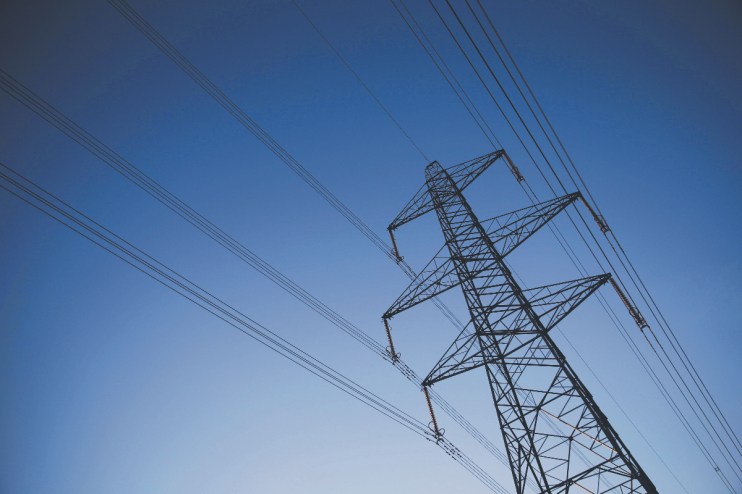Green light given to class-action lawsuit over electricity costs

Millions of UK electricity customers may receive compensation for elevated electricity costs between 1999 and 2009, the firm representing the lawsuit said today.
The Competition and Appeal Tribunal (CAT) approved the opt-out collective proceedings order (CPO) on behalf of electricity customers in England, Scotland & Wales.
The “opt-out” basis means that nobody will be required to sign up to the claim. If Scott + Scott win the lawsuit, everybody who meets the criteria of the claim – in this case paying for electricity in the UK between 1999 and 2009 – will be entitled to compensation, unless they choose to opt out.
Damages sought for consumers are in the hundreds of millions of pounds.
“We are delighted to have received certification from the CAT for this collective action to proceed,” class representative Clare Spottiswoode said.
“This is an important legal milestone toward the claim’s goal of achieving justice for the millions of UK electricity customers who suffered from the damaging anticompetitive behaviour of corporates at the top of the supply chain,” she continued.
The lawsuit has been brought against a group of firms that sold electricity cables to British energy suppliers between 1999 and 2009.
In 2014, the European Commission fined a larger group of companies (including the defendants of this case) for the operation of a cartel in the market for the supply of high-voltage and submarine cables.
Since it has already been established that the companies operated a cartel, the trial will focus on proving that they artificially inflated the price of cables and that these higher prices were passed on to British consumers.
The power cable companies named as defendants are Nexans France S.A.S., Nexans S.A., NKT A/S, NKT Verwaltungs GMBH, Prysmian Cavi e Sistemi S.R.L. and Prysmian S.P.A.
“The certification of this claim by the CAT is a first step, paving the way for a full trial… [it] is positive for the collective actions regime as a whole and is further evidence of the growing role of the CAT in providing an effective route for consumers to access justice,” Partner and Scott + Scott, James Hain-Cole, said.
